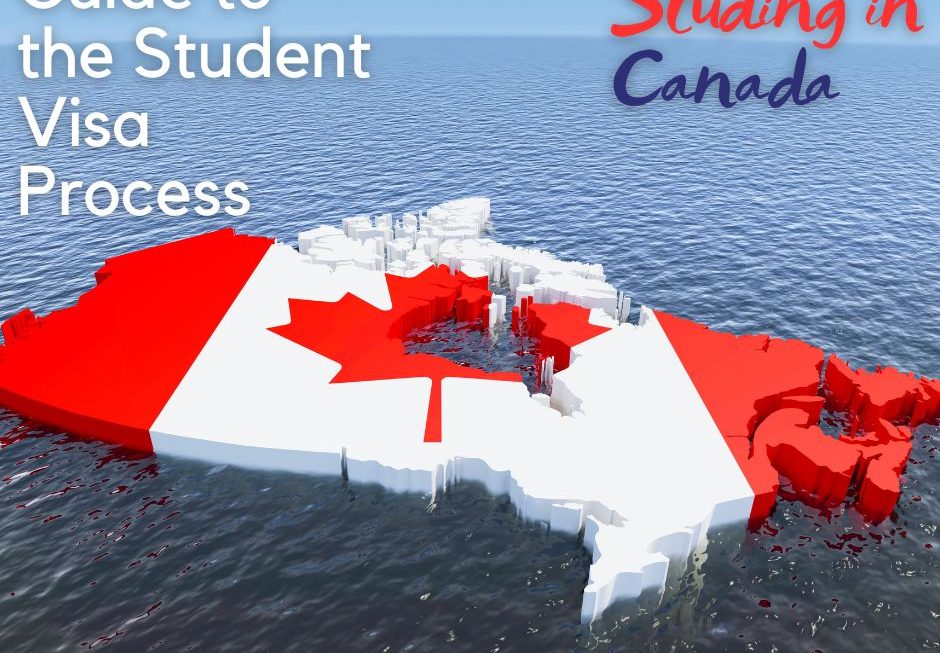Finland’s education system is often regarded as one of the best in the world, and it has gained international attention for its innovative and successful approach. While it’s important to note that the term “best education” can be subjective and dependent on various factors, Finland’s education system is known for several key features:
- Equal Opportunities: One of the cornerstones of the Finnish education system is its commitment to providing equal opportunities for all students. Education in Finland is publicly funded, and there are no tuition fees for students, even at the university level. This helps ensure that all students, regardless of their socio-economic background, have access to high-quality education.
- Student-Centered Learning: The Finnish education system places a strong emphasis on student-centered learning. Teachers have a great deal of autonomy in the classroom, and they are encouraged to adapt their teaching methods to meet the individual needs of their students. This approach fosters a love for learning and allows students to progress at their own pace.
- Shorter School Days and Less Homework: Finnish students have shorter school days and less homework compared to many other countries. This gives them more time for extracurricular activities, hobbies, and, importantly, play. The emphasis on a balanced lifestyle contributes to the overall well-being of students.
- Highly Qualified Teachers: Finland has a rigorous and competitive process for selecting and training teachers. As a result, Finnish educators are well-prepared and highly respected. They are given a great deal of professional autonomy, and teaching is considered a prestigious and respected profession.
- Minimal Standardized Testing: Finnish students take very few standardized tests, especially in comparison to many other countries. Instead, teachers use a variety of assessment methods to gauge student progress and adjust their teaching accordingly.
- Emphasis on Play and Early Childhood Education: Finland places a strong emphasis on early childhood education and play-based learning. This focus on providing a strong foundation for young learners has been linked to better academic outcomes in later years.
- Relaxed Grading System: Finland uses a more relaxed grading system, with no formal grades until the students are older (typically starting around age 10). This helps reduce the pressure on students and encourages a love for learning.
- Collaborative Learning: Students in Finland often engage in group work and collaborative learning experiences, which foster social and problem-solving skills.
- Well-Designed Curriculum: The Finnish national curriculum is designed to be broad and balanced, focusing on a wide range of subjects and skills. It allows students to explore various areas of interest.
- Support for Special Needs: Finland is known for its inclusive education system, providing extensive support for students with special needs. This approach aims to integrate all students into mainstream education as much as possible.
It’s important to note that while Finland’s education system is highly regarded, it may not be easily transferable to other countries due to differences in cultural, social, and educational contexts. What works well in one country may not necessarily work as effectively in another. Nonetheless, Finland’s success has led to a deeper exploration of the principles and practices that contribute to its educational excellence, providing valuable insights for educators and policymakers worldwide.
Finland’s school education system is often considered one of the best in the world, as it consistently ranks highly in international assessments like the Program for International Student Assessment (PISA). While it’s important to note that the concept of the “best” education system can be subjective and context-dependent, Finland’s education system is known for several key features that have contributed to its success:
- Quality Teachers: Finland has a rigorous and selective teacher education program that produces highly qualified educators. Teachers are respected professionals and have a significant degree of autonomy in the classroom.
- Student-Centered Learning: The Finnish education system places a strong emphasis on student-centered learning, where students are encouraged to be active participants in their education. This approach fosters a love for learning and allows students to progress at their own pace.
- Limited Standardized Testing: Finnish students are subjected to minimal standardized testing, reducing the pressure associated with high-stakes assessments. Teachers use a variety of assessment methods to evaluate student progress.
- Equitable Access: Education in Finland is publicly funded and offers equal opportunities for all students, regardless of their socio-economic background. There are no tuition fees, and schools are designed to be socio-economically balanced.
- Play-Based Early Education: Finland prioritizes early childhood education and play-based learning, providing a strong foundation for students’ development and future academic success.
- Shorter School Days and Less Homework: Finnish students have shorter school days and less homework compared to many other countries. This allows for a more balanced lifestyle and an emphasis on well-being.
- Focus on Well-Being: The Finnish education system places a strong emphasis on students’ overall well-being and happiness, recognizing that a healthy and happy student is more likely to excel academically.
- Collaborative Learning: Students are encouraged to engage in group work and collaborative learning experiences, which foster important social and problem-solving skills.
- Relaxed Grading System: Finland uses a more relaxed grading system, with no formal grades until students are older. This helps reduce stress and pressure on students.
- Support for Special Needs: Finland has an inclusive education system that provides extensive support for students with special needs, aiming to integrate all students into mainstream education as much as possible.
While the Finnish education system has garnered international attention for its positive aspects, it’s important to recognize that what works well in Finland may not be directly applicable to other countries due to differences in culture, societal structures, and educational contexts. Each country’s education system is influenced by its unique circumstances and may require tailored approaches to address its specific needs and challenges. Nonetheless, Finland’s experience has prompted important discussions and inquiries into educational practices and policies that promote student success and well-being.




